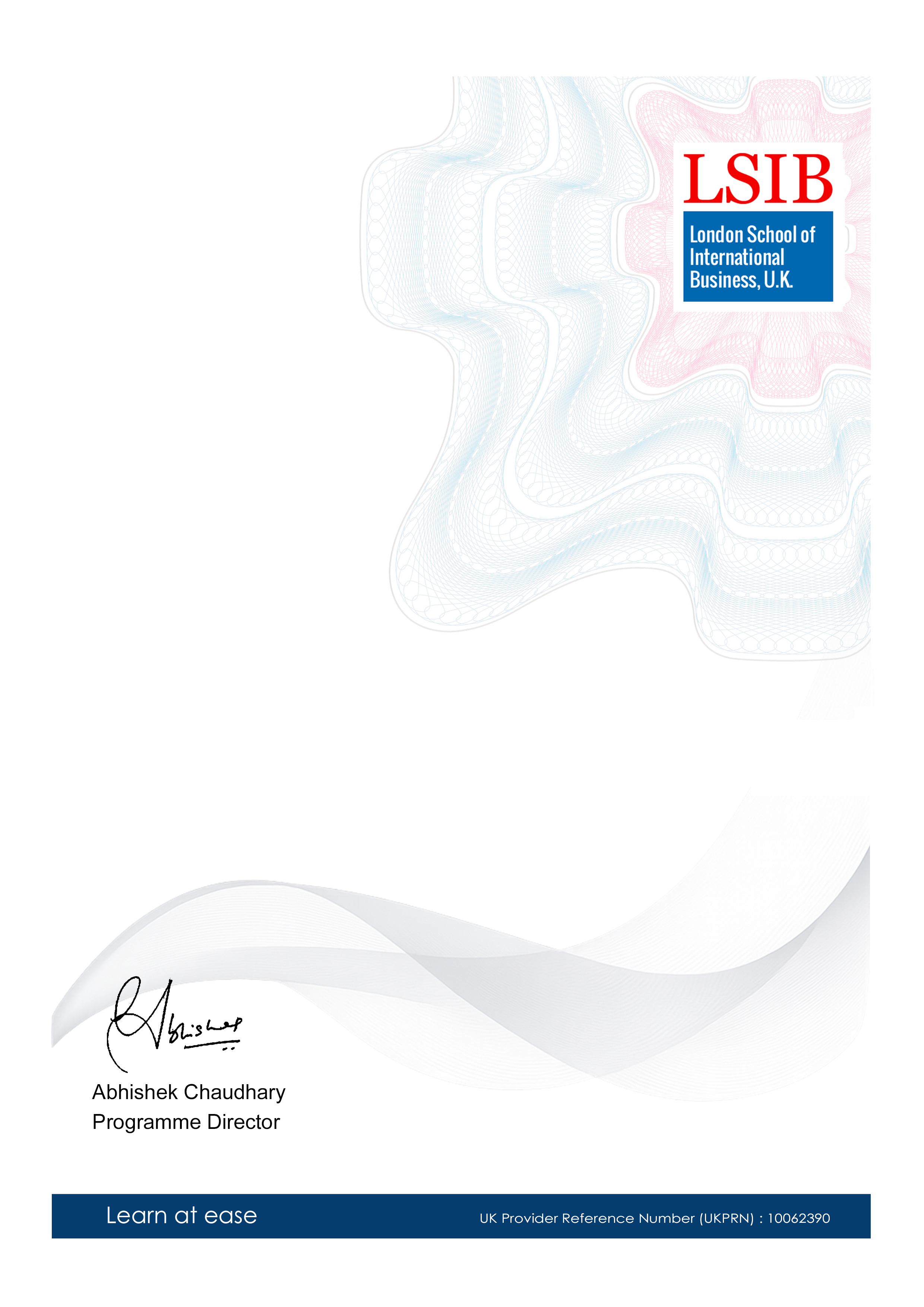Emergency Procedures for the Elderly Community Support Systems
-- viewing nowEmergency Procedures for elderly community support systems are vital for ensuring rapid response and safety. This guide targets caregivers, staff, and volunteers working with senior citizens.
4,032+
Students enrolled
GBP £ 140
GBP £ 202
Save 44% with our special offer
About this course
100% online
Learn from anywhere
Shareable certificate
Add to your LinkedIn profile
2 months to complete
at 2-3 hours a week
Start anytime
No waiting period
Course details
• Fall Prevention and Management Protocols
• Medication Management and Emergency Procedures
• Evacuation and Shelter-in-Place Plans
• First Aid and CPR Training for Staff
• Communication Protocols during Emergencies
• Emergency Contact Lists and Procedures
• Disaster Preparedness and Response Plans
• Security Procedures and Protocols
Career path
Emergency Procedures for Elderly Community Support Systems
| Caregiver Roles & Responsibilities | Description |
|---|---|
| Home Care Assistant (Elderly Care) | Providing personal care, assisting with daily tasks, and companionship to elderly individuals in their homes. High demand, entry-level role. |
| Senior Care Worker (Residential Care) | Supporting elderly residents in residential care facilities, offering personal care, and monitoring their well-being. Requires experience and specific qualifications. |
| Registered Nurse (Geriatric Care) | Providing advanced medical care and managing medications for elderly patients in hospitals, nursing homes, or at home. High salary, requires nursing registration. |
| Occupational Therapist (Elderly Rehabilitation) | Helping elderly individuals regain independence through rehabilitation programs tailored to their specific needs and promoting their quality of life. High skill demand. |
| Care Home Manager (Elderly Care Management) | Managing the overall operation of a care home, overseeing staff, ensuring high standards of care, and budgetary control. Senior role, high responsibility. |
Entry requirements
- Basic understanding of the subject matter
- Proficiency in English language
- Computer and internet access
- Basic computer skills
- Dedication to complete the course
No prior formal qualifications required. Course designed for accessibility.
Course status
This course provides practical knowledge and skills for professional development. It is:
- Not accredited by a recognized body
- Not regulated by an authorized institution
- Complementary to formal qualifications
You'll receive a certificate of completion upon successfully finishing the course.
Why people choose us for their career
Loading reviews...
Frequently Asked Questions
Course fee
- 3-4 hours per week
- Early certificate delivery
- Open enrollment - start anytime
- 2-3 hours per week
- Regular certificate delivery
- Open enrollment - start anytime
- Full course access
- Digital certificate
- Course materials
Get course information
Earn a career certificate

